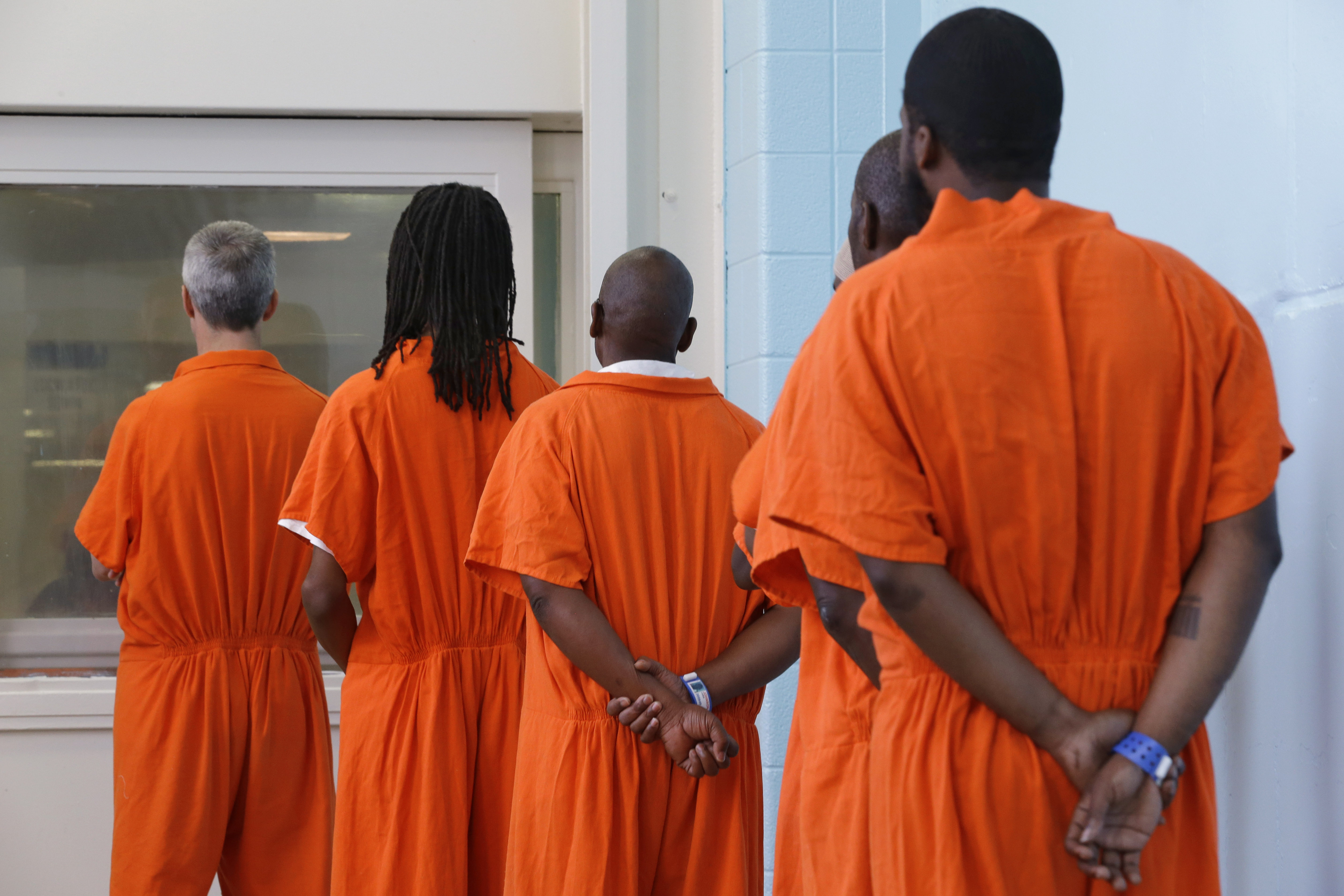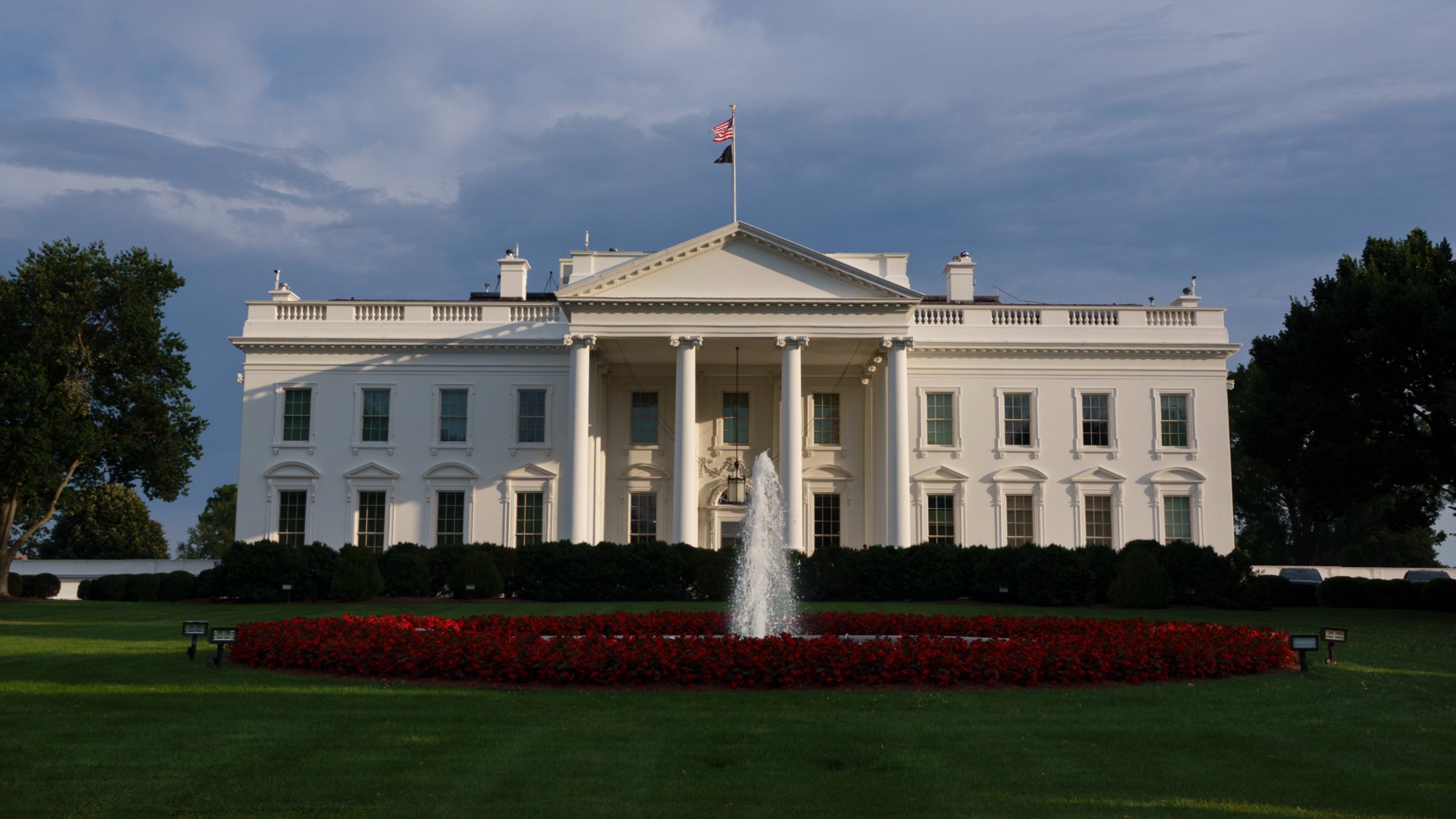The gobsmacking racism of America's criminal justice system
What the Timothy Foster case illuminates about racism


Earlier this week the Supreme Court issued a near-unanimous ruling that the state of Georgia must retry Timothy Foster, a black death-row inmate convicted by an all-white jury of the murder of Queen Madge White, a 79-year-old white woman. Four potential African-American jurors were excluded from consideration by prosecutors, who happen to have recorded their anti-black bias in notes that came to light decades after Foster's conviction was handed down.
The bigotry-in-action that these papers reveal should not, at this point in U.S. history, come as a surprise to anyone. The endemic, systemic racism that has always informed every aspect of the American criminal justice system has been documented by activists, human rights organizations, and the media in numbing detail (if to little effect). Consider for instance the fact that though African Americans comprise only some 12 percent of the general population, they make up about 42 percent of death row.
The gobsmacking inequity goes well beyond capital cases, of course. In 2014, USA Today found that at least 70 police departments across the country were 10 times more likely to arrest black Americans than anyone else. Once arrested, blacks are more likely to be jailed while awaiting trial and offered plea deals that include prison time. The Sentencing Project has reported that racial disparities in the arrest of young people increased between 2003-2013, even as overall youth incarceration dropped; TSP further reports that 47.2 percent of prisoners serving life sentences are African Americans.
Subscribe to The Week
Escape your echo chamber. Get the facts behind the news, plus analysis from multiple perspectives.

Sign up for The Week's Free Newsletters
From our morning news briefing to a weekly Good News Newsletter, get the best of The Week delivered directly to your inbox.
From our morning news briefing to a weekly Good News Newsletter, get the best of The Week delivered directly to your inbox.
The impact on black communities can be measured in family instability, poorer educational outcomes, and lower incomes (even when compared to the communities of white ex-offenders), but must also be understood as a blow to American democracy. According to ABC News, "disenfranchised black males account for 35 percent of all Americans now barred from voting because of felony convictions." Nationwide, this means one out of every 13 black adults cannot vote, though in some states, the number rises to one in five — numbers that have far-reaching implications for our political representation.
But what about juries? The Foster trial was way back in 1987. Even though the Supreme Court determined that prosecutors demonstrably flouted rules meant to offset racial bias in jury selection — surely things are better now, right?
Yeah, about that.
The disproportionate policing, conviction, and sentencing of African Americans are all part of an elaborate Mobius strip of cause and effect, bound up with other social, political, and policy factors that similarly contribute to doggedly low diversity in jury pools.
A free daily email with the biggest news stories of the day – and the best features from TheWeek.com
Blacks are more than 2.5 times as likely to live in poverty than whites. Unemployment among African Americans is more than twice as high; more than a quarter of black households are food insecure (compared to 11 percent of white households); and during the Great Recession, African Americans were three times as likely to have their utilities cut off and face foreclosure or eviction, all in no small part because, as Emily Badger wrote in The Washington Post last year, "black poverty differs from white poverty" — most notably by being highly concentrated in deeply poor neighborhoods (neighborhoods that reflect and extend the impact of what NPR's Gene Demby calls "housing segregation in everything").
Such disproportionate upheaval and insecurity mean that summonses sent to potential jurors who happen to be black disproportionately never reach the intended recipients, and, even if they do land in the right mailbox, there's a disproportionate likelihood that the recipient won't be able to afford to take a day off to answer the call.
Then there's the "implicit biases" that Scott Thompson, white police chief of Camden Country, New Jersey, mentioned in a recent interview with CNN's W. Kamau Bell. Thompson was specifically addressing police-community relations but, like housing segregation, those biases are in everything — as defense lawyer J. Antonio Florence put it to The New York Times: "Young black men have absolutely no chance of getting on a jury." Rules be damned.
And finally, the cascade of factors that prevents hugely lopsided numbers of blacks from voting (not least — and not incidentally — in judicial elections) also prevents hugely lopsided numbers of blacks from serving on juries. In many states, jury duty is one of the rights you lose when you've been convicted of a felony.
I'm fundamentally opposed to the death penalty under any circumstances, regardless of jury composition, and can only hope that Foster's new trial doesn't produce the same sentence — but the damage wrought by the American criminal justice system's pervasive racism goes far beyond a single case in a single state, and will require a great deal more than one ruling to resolve.
Emily L. Hauser is a long-time commentary writer. Her work has appeared in a variety of outlets, including The Daily Beast, Haaretz, The Forward, Chicago Tribune, and The Dallas Morning News, where she has looked at a wide range of topics, from helmet laws to forgetfulness to the Israeli-Palestinian conflict.
-
 Why does the US want to put nuclear reactors on the moon?
Why does the US want to put nuclear reactors on the moon?Today's Big Question The plans come as NASA is facing significant budget cuts
-
 Congress should 'step in' to block Trump's White House ballroom makeover
Congress should 'step in' to block Trump's White House ballroom makeoverInstant Opinion Opinion, comment and editorials of the day
-
 6 sturdy post-and-beam homes
6 sturdy post-and-beam homesFeature Featuring a wood stove in New York and hand-hewn beams in New Hampshire
-
 'Once the best in the Middle East,' Beirut hospital pleads for fuel as it faces shutdown
'Once the best in the Middle East,' Beirut hospital pleads for fuel as it faces shutdownSpeed Read
-
 Israeli airstrikes kill senior Hamas figures
Israeli airstrikes kill senior Hamas figuresSpeed Read
-
 An anti-vax conspiracy theory is apparently making anti-maskers consider masking up, social distancing
An anti-vax conspiracy theory is apparently making anti-maskers consider masking up, social distancingSpeed Read
-
 Fighting between Israel and Hamas intensifies, with dozens dead
Fighting between Israel and Hamas intensifies, with dozens deadSpeed Read
-
 United States shares 'serious concerns' with Israel over planned evictions
United States shares 'serious concerns' with Israel over planned evictionsSpeed Read
-
 Police raid in Rio de Janeiro favela leaves at least 25 dead
Police raid in Rio de Janeiro favela leaves at least 25 deadSpeed Read
-
 Derek Chauvin's attorney files motion for new trial
Derek Chauvin's attorney files motion for new trialSpeed Read
-
 At least 20 dead after Mexico City commuter train splits in overpass collapse
At least 20 dead after Mexico City commuter train splits in overpass collapseSpeed Read
